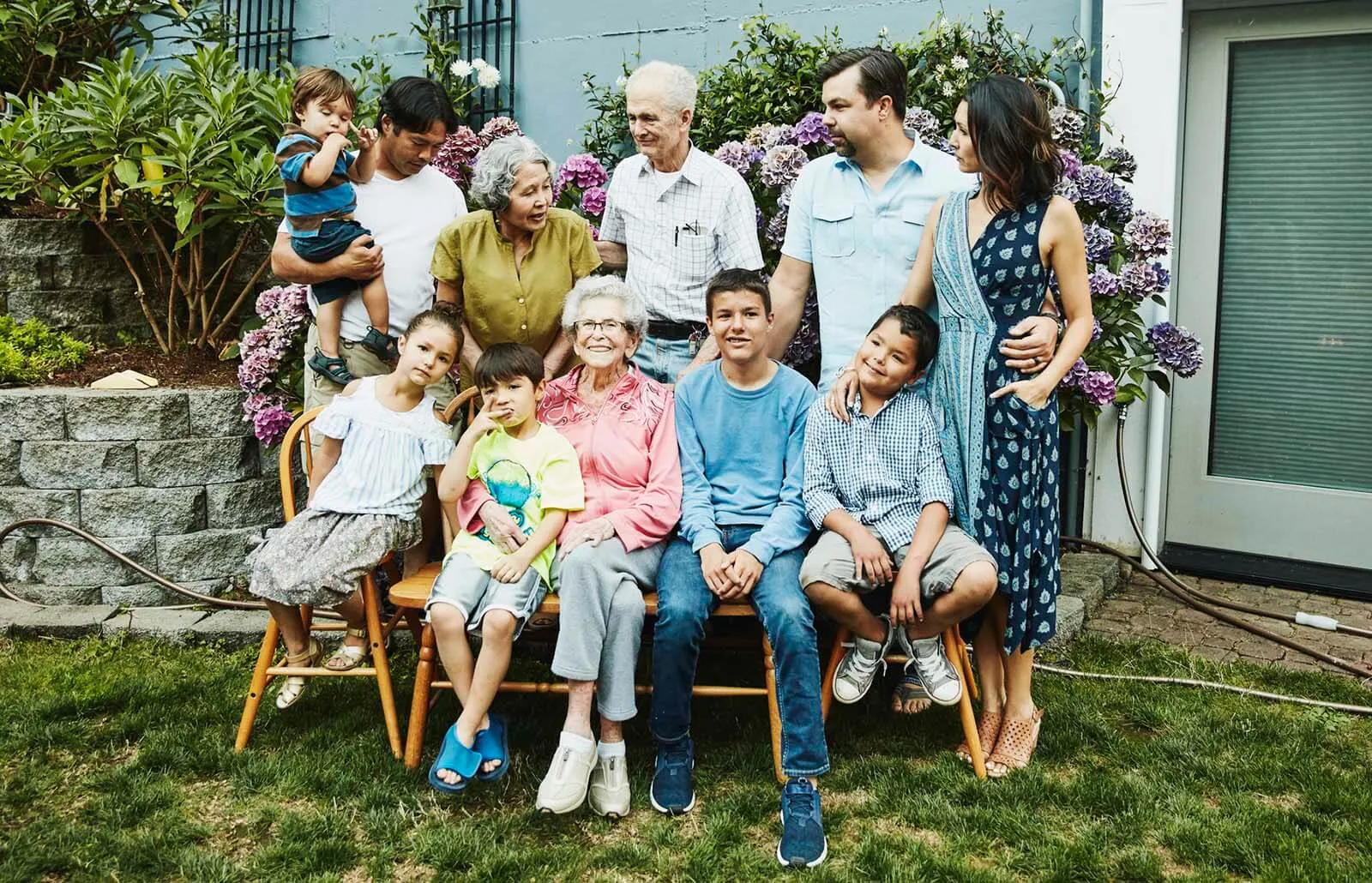Why Culture Still Dictates Women’s Worth in Today’s World

As a gender expert, this individual dedicates nearly all their time to speaking, teaching, and writing on gender-related topics. These topics include the impact of gender on leadership, career advancement, emotional intelligence, biases, gender roles, and gender perceptions. Their work focuses on understanding the factors that influence gender beliefs, how gender affects perceptions of self and others, how individuals behave and present themselves, and what they achieve in their work and lives.
Socialization
Socialization, defined as the process of learning to behave in a way that is acceptable to society, impacts both men and women. It begins very early, starting with the pink or blue blankets wrapped around newborns. It is shaped by what parents, teachers, coaches, and friends teach, as well as what is absorbed from cartoons, books, magazines, and movies. Socialization is a powerful, driving force that places significant pressure on individuals to conform to societal beliefs.
Family Culture

Also Read: The Emergence of Anti-Heroines in Pop Culture
Family culture, influenced by race or ethnicity, is equally powerful and begins just as early. In many cultures, women are expected to be responsible for tasks that men are not, and girls and women often face additional pressures regarding appearance and behavior. In some cultural contexts, such as Asian, Indian, Hispanic, and Latino traditions, it is expected that girls—even if they are the youngest—take care of male family members. Similarly, in many households, older siblings are generally expected to care for younger siblings.
Based on research and the book The Power of Perception, a “Women and Leadership” course was developed and taught at two business schools in California. Over a span of three years, hundreds of undergraduate and graduate students have taken the course. One assignment, a gender reflection paper, asks students to reflect on the influences that have shaped their gender identity and gender roles. These influences include family, friends, neighborhood, schools, customs, religion, race, ethnicity, media, and work experiences.
Repeatedly, family culture emerges as one of the strongest influences on gender beliefs and roles, transcending most racial and ethnic boundaries. Students in the course have represented cultures including Korean, Chinese, Vietnamese, Japanese, Mexican, Indian, Italian, Guatemalan, and Filipino. Across these diverse backgrounds, shared expectations regarding gender roles and the value of women in the home and society have been evident.
Case Studies

Also Read: Marina Abramović – The Grandmother of Performance Art
For example, one student described a 90-year-old Indian grandmother who, despite mobility issues, was still expected to cook and clean for four adult men in the household. Another student from Mexico shared that she was expected to cook and do laundry for her brothers, who were never taught these skills because they were told such work was “for girls.” A Korean student recalled wanting to play sports but was only allowed to take piano lessons because it was considered “more suitable for girls.”
A Filipino-American student recounted that during high school, both she and her brother were expected to prioritize schoolwork. She complied without question, while her brother often neglected school for other activities yet was excused because he was “a boy.” This disparity affected her communication skills, leaving her hesitant to speak up, especially in group settings where conflict might arise.
Often, boys are allowed to bend the rules, while girls are expected to follow them strictly. Such double standards can discourage girls from speaking their minds, exploring new opportunities, or pursuing their goals. Furthermore, an inability to disappoint parents can lead girls to become people-pleasers and followers.
Strong cultural and family influences can profoundly shape the personalities, ambitions, and opportunities of young women.
What Can We Do?

Also Read: The Role Of Women In The Art World
These cultural beliefs often originate from traditions passed down through generations. It is important to reflect on whether current beliefs about gender align with those of previous generations. Parents should consider what cultural expectations and values they are passing to their daughters compared to their sons, and whether they are fostering equity in household responsibilities.
Gender roles at home can and should be more fluid. Children of all genders should be taught essential life skills, such as cooking, cleaning, laundry, and basic repairs. Families should remain aware of cultural inconsistencies in how they treat boys and girls, as well as the messages being conveyed to daughters. Challenging the notion that women should bear responsibilities that men do not is essential. Women are equally capable of achieving success and happiness, and childhood upbringing and cultural practices should reflect that reality.









